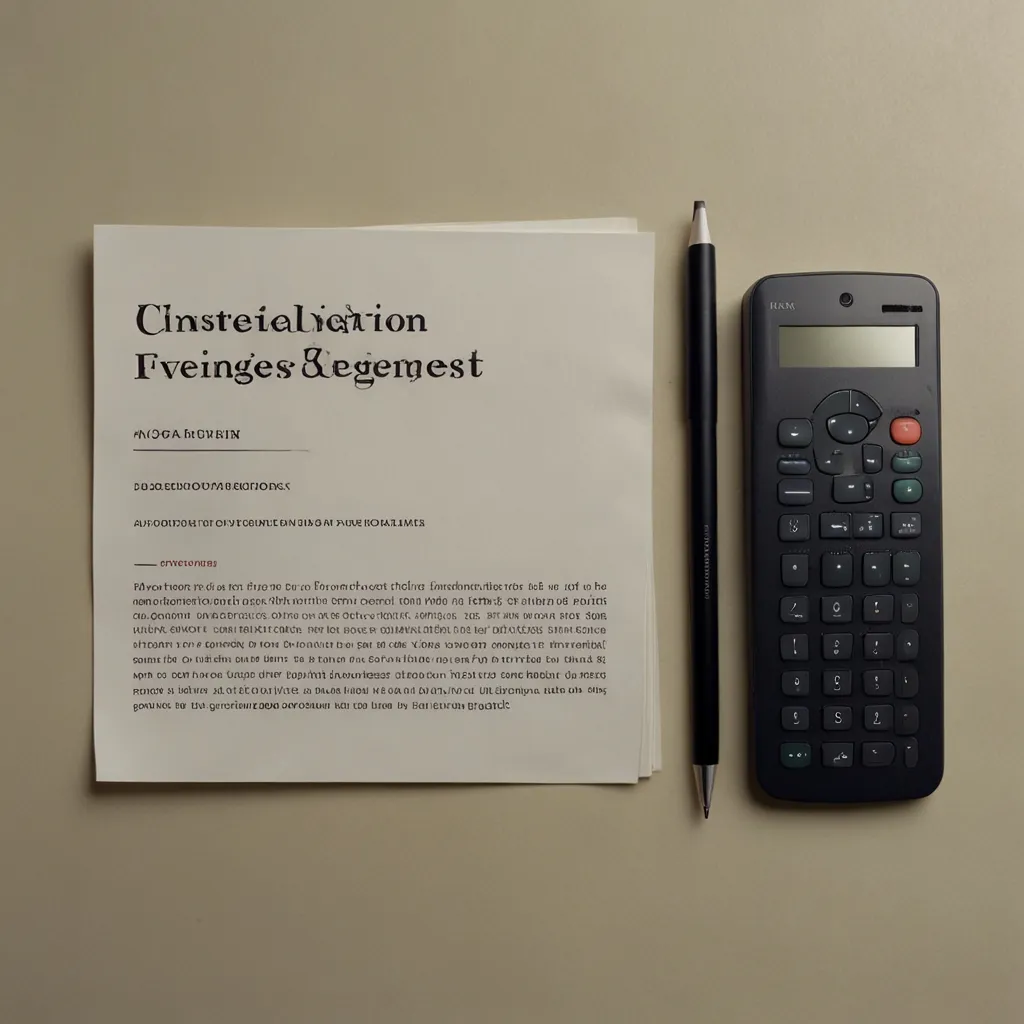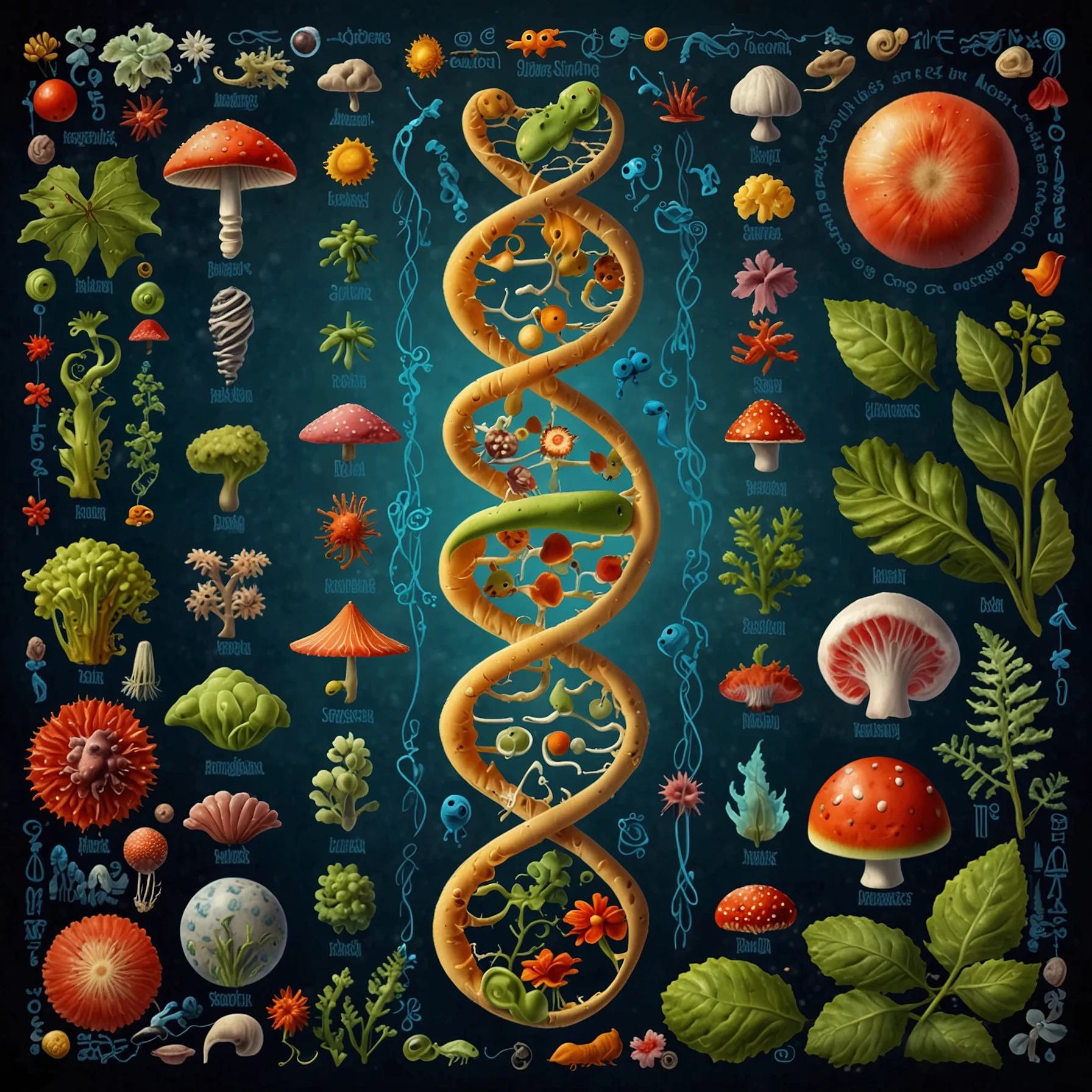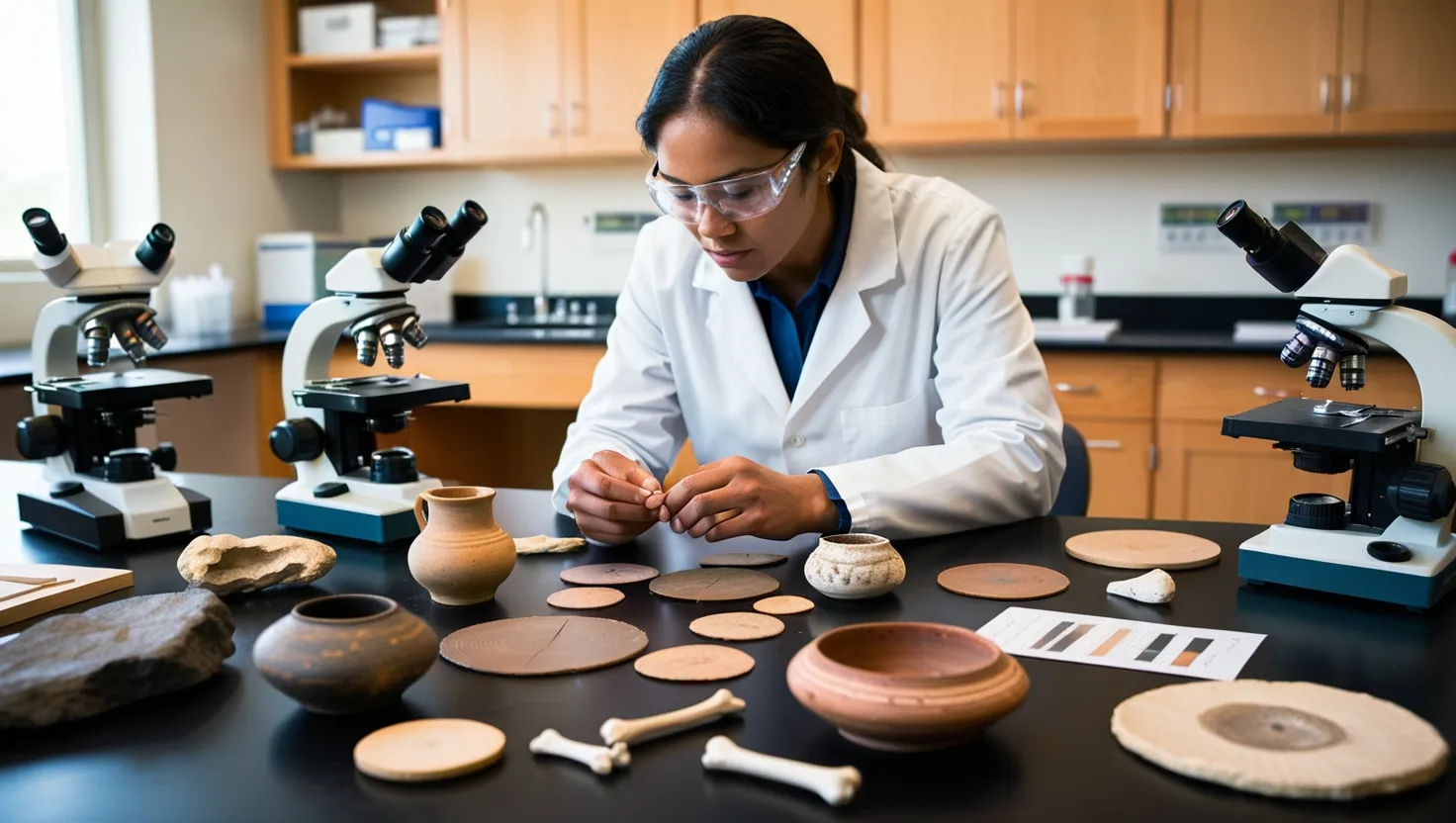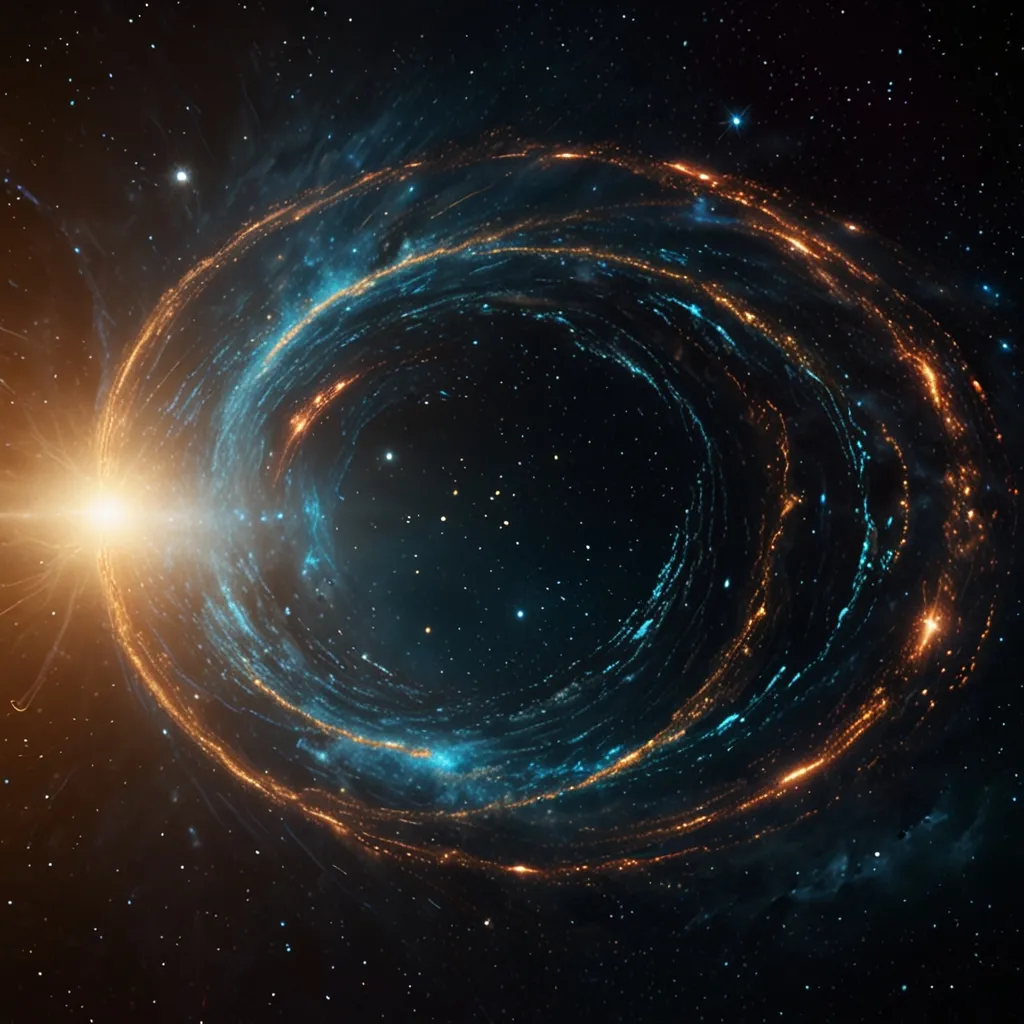Physics is more than just a subject you study in school; it’s the underlying framework of our universe, playing a crucial role in everything from biology to engineering. Let’s simplify some of the most essential concepts worth remembering.
Let’s start with classical mechanics. Isaac Newton introduced some fundamental ideas here, especially Newton’s Second Law: F = ma. This tells us that force is mass times acceleration. It’s a powerful equation used to predict motion, understand the forces acting on an object, and even calculate how to build structures like bridges or rockets. Another key concept from Newton is the law of universal gravitation, which explains how bodies attract each other with a force that depends on their masses and the distance between them.
Next, let’s touch on energy and thermodynamics. Energy is a broad concept and can be kinetic (energy of motion) or potential (stored energy). For instance, when you drop your phone, its potential energy converts to kinetic energy, and eventually to work when it hits the ground. One of the most critical things to remember is that energy is conserved; it changes forms but is never created or destroyed. Thermodynamics also introduces entropy, the measure of disorder in a system. The second law of thermodynamics states that entropy can never decrease in an isolated system, leading the universe towards more disorder over time.
Electromagnetism explores interactions between electrically charged particles. The core concepts are captured in Maxwell’s Equations, which describe how electric and magnetic fields interact. Static charges influence other charges, static magnets influence other magnets, and moving charges or magnets influence each other, generating fields that move.
Einstein’s theory of relativity revolutionized our understanding of space and time. He proposed that the speed of light is constant and doesn’t change, even if the source or observer is moving. This leads to the mind-bending conclusion that time can slow down depending on your frame of reference. His general theory of relativity further explained that mass can curve space-time, which is why gravity bends light.
Finally, quantum mechanics takes us to the very small, grappling with particles like electrons. Max Planck’s theorem tells us that energy is quantized, meaning it comes in discrete packets. The Heisenberg Uncertainty Principle indicates you can’t know a particle’s exact position and momentum simultaneously. Schrödinger’s equation introduces the idea of superposition, where particles exist in all possible states until observed.
These are just a few key takeaways from the expansive world of physics. Each of these concepts provides a foundation for understanding our universe, from the very large to the incredibly small. Even if we might forget some of the details over time, these core ideas shape our comprehension of how everything around us works.






